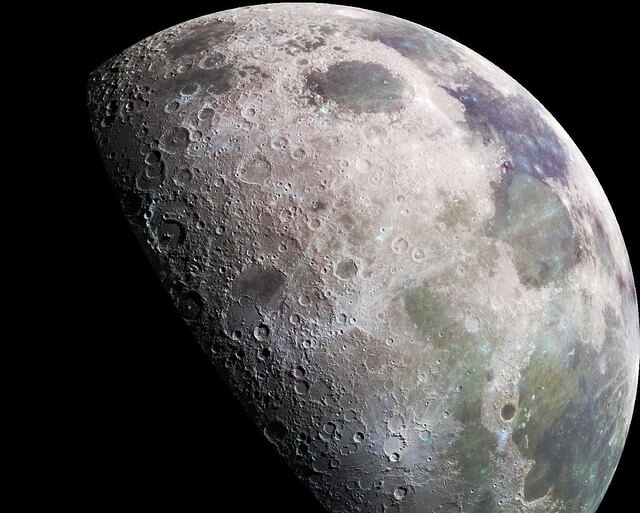Europe and Russia to work together on colonization of moon project

Europe and Russia's space agencies are set to work together to conduct moon missions to assess its habitability. The two nations will collaborate and plan on sending Luna 27, a space craft to study the conditions of the moon, in five years' time.
Luna 27 will find out if the moon has water sources and other materials that can make fuel, which could give possibility for mankind to survive on, BBC reported.
Prof. Igor Mitrofanov, one of the scientists in the collaboration, told BBC that the plan to send Luna 27 is a continuation of the moon exploration program that was discontinued in 1970s.
He added that instead of competing with other countries as to who gets to the planetary satellite first, international space agencies should work together this time.
According to the exclusive report, the first trip to the moon aims to explore its south pole and study the location to find water or other raw materials that can help create fuel.
Researchers believe that this mysterious, dark side of the moon could contain ice.
European Space Agency's (ESA) Dr. James Carpenter said, "The south pole of the Moon is unlike anywhere we have been before." He added that the environment in that part of the moon is "completely different" as ice and water could be found there.
The following trips to the moon should then prepare mankind to step on the surface and begin permanent settlement.
Russia is taking the lead on the lunar surface exploration project, but the ESA is helping develop landing gears and state-of-the art ice drilling machines that will collect ice samples. In addition, the space agency will also provide a mini laboratory that can search for ingredients of life.
Although ESA is offering assistance, its participation still needs to be approved by the ministers. This approval is subject for discussion, which will happen late in 2016.











